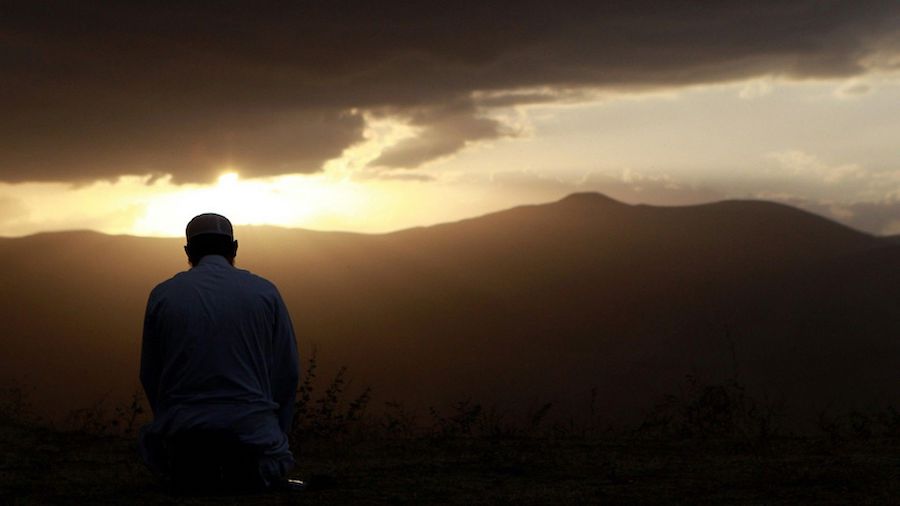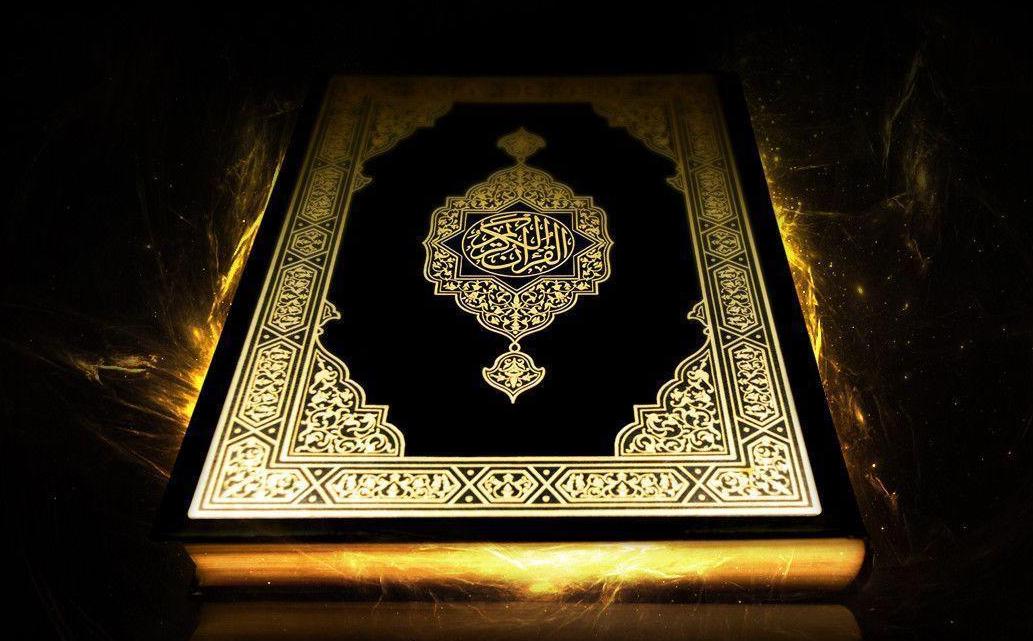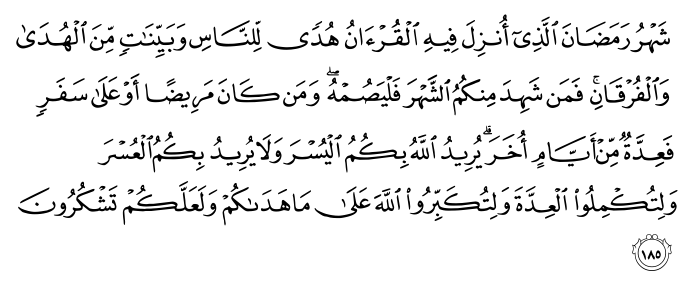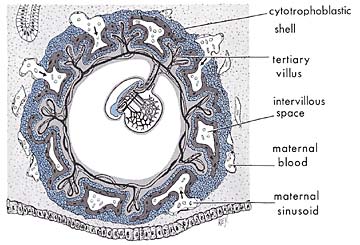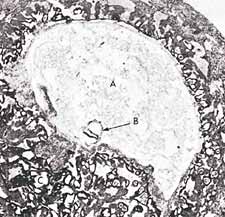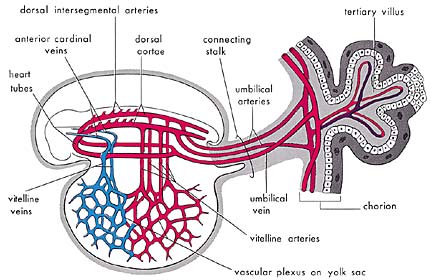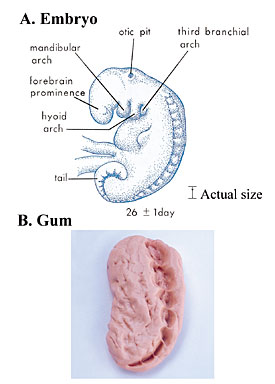بِسْمِ اللهِ الرَّحْمٰنِ الرَّحِيْمِ
Allah says in the Qur’an:
O you who have believed, let not a people ridicule [another] people; perhaps they may be better than them; nor let women ridicule [other] women; perhaps they may be better than them. And do not insult one another and do not call each other by [offensive] nicknames. Wretched is the name of disobedience after [one’s] faith. And whoever does not repent – then it is those who are the wrongdoers.
[49:11]
When Allah revealed the Qur’an, He mentions some of His most exquisite mercies and gifts, so He said: ‘Ar-Rahman, Al-amal Quran’. One of the points to ponder about these ayat in Surat Ar-Rahman is that He mentions not just a name that depicts His Mercy, that a name that depicts His extreme Mercy. Ar-Rahmaan, the unimaginably Merciful, the one being incredibly Merciful.
Al-amal Qur’an, He taught the Qur’an. The speech of Allah that when He revealed it, it’s supposed to be in our tongues, we’re suppose to remind each other with it, so the words we uttered from our mouths are suppose to actually be a means to penetrating somebody else’s heart. Then He says, ‘khalaqal Insaan’, He created the human being then He uses the same word ‘Al-amma’, which is amazing, He says ‘Al-amma hul Bayaan’, He taught the human beings speech.
Just like He said HE taught human beings Qur’an, He taught human beings speech. The ability to speak is an incredible gift from Allah and it’s an honour from Him and what we’re learning from those ayat is that, the best use of our speech is to remember Allah by the words He taught us. Our speech in any matter should be inspired by the speech Allah taught us, the one who honoured us with His Qur’an.
Now, we’re all humans and we make mistakes and we sometime don’t realise the value of things that we have, especially our tongues. We say things, we make comments and we know in social settings among family and friends etc sometimes things we say completely cross the line and we that we don’t realise the magnitude of that problem. Due to the fact that Allah takes the time to mention this particular problem in the Qur’an, it should make us appreciate that this is not a light matter.
In this regard, we will share a reminder from Surat Al-Hujurat, just one ayah, this is an ayah that is addressed to those who believe, and the first thing Allah says,’ Ya aiyuhal lazina aamanu la yaskhar khaw mumin khawmin’,:
Those of you who believe don’t let any group among you poke fun at any other. ‘Sakheera’ or ‘Suhkhriya’ in Arabic doesn’t just mean to poke fun because the word for that is ‘Istahza’ also, but the most comprehensive word in Arabic ‘Suhkhriya’ actually means to be sarcastic too. Don’t be sarcastic against each other. Now making fun of someone and being sarcastic against someone, at lot of times specially now a days it’s considered as a sign of Intelligence – ’that guy is really funny’ or ‘ that guy makes a lot of funny jokes’ or ‘he makes lot of sarcastic remarks that are like a rapid fire, they come out of him one after another, he’s such a joker’. When people around you laugh at our jokes, it’s pretty much an ego boost, so we come up with a next disc or a next sarcastic remark or the next inappropriate joke and we kind of feed off the laughter of others, and we get caught up with it.
Allah is telling us in this Surah that this is something that can take away the very fabric of brotherhood that we enjoy among each other. Allah says right before this ayah that believers are nothing but brothers among each other so make reconciliation among your brothers and have the ‘taqwa’ of Allah so you are shown Mercy. Be conscious, aware and in awe of Allah so you maybe shown Mercy.
The previous ayah talks about us making reconciliation among each other, and the very next ayah is saying watch the way you speak to each other. Don’t be sarcastic with each other. Don’t make insulting comments in the name of humour against each other. It has become very casual to say or talk about how short someone is or how ugly they are or how they dress or what kind of car they drive or what school they go to or what kind of job they have. It’s very easy to pick on someone’s flaws and make them on the point of ridicule.
Then Allah says,’ asayaa ayyakunu khairaan minhum’: may be the group made fun off is better than the group making fun. Now obviously, when you are making fun of someone there is an already underlined assumption, conscious or sub-conscious that we are better than them, that’s why we are making fun of them, they are the object of our ridicule. We wouldn’t take someone who we are convinced deserves more respect than we do or is above us in anyway, they wouldn’t be the point of ridicule for us, so obviously there is a sense of superiority that we have.
Allah here is saying that as far as He’s concerned, the group we are making fun of is better. Here just a note about our society in general, something that has become a part of comedy and entertainment, you know a comedian or a standup comedian, cracks a lot of jokes and things like that, one of their sellers is to mock another ethnicities and to imitate an accent, or make fun of what kind of food that ethnicity likes to eat, dress or what kind of weird things they say among each other, how they drive they cars or how cheap they are or how much they love spicy food or what kinda hot tempers they have etc. So they pick up some flaw of some ethnicity and make that the object of ridicule, which makes this ayah even more alive. ‘la yaskhar khawmun min khawmin’, not any group making fun of any other group, maybe the group you are making fun of is better than you as far as Allah is concerned that is to say. ‘wala nisaun wa min nisain’, which is interesting, neither should women be making fun of other women.
In other words, Allah mentions nations which include men and women but Allah specifically highlighted women doing so. So what is being told here, because of the word ‘suhkhriya’ is the way women do this is very different then the way men do it. So ‘wala nisaun min nisain aasaa ayyakunna khairaan min hunn ‘, So maybe the one’s made fun of are better than the one’s poking fun of them. Then He says, ‘wala talmizuu an fusakum’, this one ayah is about not violating the rights of our tongues – this beautiful thing Allah has given us.
‘Wala talmizu an fusakum’, ’lamz’ in Arabic could be criticising someone either by means of bodily gesture or by means of our eyes, like rolling our eyes or by sign, by taking a deep breath. Or by snicker or comment made under our breath, this is the definition of ancient lexicon telling us what ‘lamaz’ means, it’s a snicker or comment made under our breath just so the other person heard us say something but they don’t quite know what we said. Then when we are asked ‘what?’ We say ‘nothing, I didn’t say anything’, that subtle kind of criticism or undermining somebody’s speech or demeaning someone or condescending towards someone that’s not even captured in speech.
Sometimes we can insult someone without saying a single word and Allah knows that so he uses the word ‘wala talmizu an fusakum’ . What’s interesting is that among the many things that’s amazing about this ayah is that, Allah doesn’t says “don’t make this kind of sarcastic, condescending, critical type of gesture to others”. He says ‘anfusakum’, to yourself. In other words, if we do this to a believer, we are they and they are we – we are one people, we are one nation. So who we are really making fun of is actually our own selves and the other implication here is that when someone does this kind of thing, the only one they are successfully insulting is their own dignity. The only one they are really harming is their own sense of self worth.
Now a days another common thing is to send someone a text message about how stupid somebody sounds or how ugly they look or take a picture and post it up on a social media about how ridiculous somebody is, just an act of embarrassing them. In ancient times, the act of embarrassing someone could have been a gesture of a hand or with a rolling of an eye or just a deep breath or some remarks spread about them. Now it takes modern forms. Just because it’s taken a modern form doesn’t make it permissible, it’s the same crime.
So ‘wala talmizu an fusakum’ then he says, ‘wala tanabazu bilalkhaab’, and don’t call each other out by nicknames and ‘nabaza’ is used in Arabic meaning it’s to try to come up with artificial nicknames against each other, that we are trying to make it stick on them and we’re trying to make sure everybody around them calls them that and they themselves are hurt and insulted by it. So what happens is when we call someone with a nickname, in response they call you by a nickname, they’ll come up with something else for you and obviously they are doing this as an act of retaliation and even though we are “just friends” and even thought we don’t think it’s a big deal, but some kind of animosity is planted inside the heart.
There is some offence taken and maybe it won’t come out at the time, maybe the friend doesn’t want to let things get ugly between us, so he/she doesn’t say anything when we call them a nasty nickname or an insulting nickname, commenting about their weight or height or skin colour or accent or their intelligence even or whatever it maybe, but it will come out on judgement day. When that person is in deficiency of good deeds and they could use whatever they could get, they’ll come out after their best friends and say ‘you used to call me these nasty or hurtful nicknames, and for everything you used to call me I’ll like to get compensated.’
So why doesn’t he/she take away some sins of mine for each time they used that word against me, they might make that kind of deal, we need to watch out because they’re friends with us now, but that’s not the case on judgement day, when a mother forgets her child, we’re not going to remember our friends. The day Allah describes as a day a person runs away from his own brother, his wife he runs away from, that he would live with her forever and ever, he would never get away from her, he loved her, he’s running away from her on judgement day.
Do we think our friends are going care on that day that it might hurt our feelings? That they don’t want to take away from our good deeds. Now a days we might say that ‘I don’t want to say anything, it might hurt his feelings.’ That day we’re not going care about anybody’s feelings but our own. So we need watch out from making those offensive comments and those offensive gestures.
The ayah continues:‘ beesal ismu alfusukhu baadal emaan’, – Allah says,’ ismu alfusukh’, the horribly corrupt word, the word itself is utterly despicable – how terrible it is ‘badal imaan’, after you have faith. In other words when a person has Imane, then bad language, which all of this was describing – on top of that by using ‘beesal ismual fusukh’, Allah is now even including foul language, profanity and filthy language. All of this together, this speech, Allah says how terrible this can be, it’s an absolutely nasty thing to have, ‘once you have imane’. Once faith is there.
What this suggests is that if we’re people that don’t care that we curse, it just rolls out of our tongues and we don’t care if we make snickering comments about someone and filthy language whether spelled out exactly or as the bleeped out word it – we make a variation of the spelling – and say ‘no, no I didn’t use the bad word, I used the closely spelled word that sounds like it’ to play word games, even though our intent is clearly known. Then what that suggests is that faith isn’t there because once imane is there these things become ugly and despicable to us. We wouldn’t even want to go near them. ‘ beesal ismu alfusukhu baadal emaan’
In the end of this if we realise that maybe our faith is hurt, maybe we haven’t cried in salat in forever and maybe we haven’t remembered Allah and thanked Him and maybe we realised that our real disease is nothing but lack of controlling our tongue, the more filthy words we use the darker our heart gets and we can’t remember Allah in a healthy way; but maybe even if we realise it now, then now is the time we repent. Now is the time we say, ‘no, I’m not going to do this again. I’m going to watch my tongue. I’m going to become a better person.’
So Allah says in the end of this ayah, what an amazing ending: ‘wa mallum yatub faoolaaeka humuzzalimoon.’ – ‘And whoever didn’t repent, those in fact are the wrongdoers’. In other words, if we come at this point of the ayah where once we have faith, these things should be terrible to us and we should realise that this is a detriment to our faith itself, the natural consequence of this is that we should be repenting and walking away from these things and apologising to Allah and all those people we offended, this is part of our repentance. And what a time is to form our repentance – in the month of ramadan where the obstacles of the shaytan are withheld.
May Allah make us of those are able to watch our tongues in public and in private, and are able to stay away from offensive comments and remarks and are able to say things that instead spread love and unity and courtesy among each other.
Allah knows best

